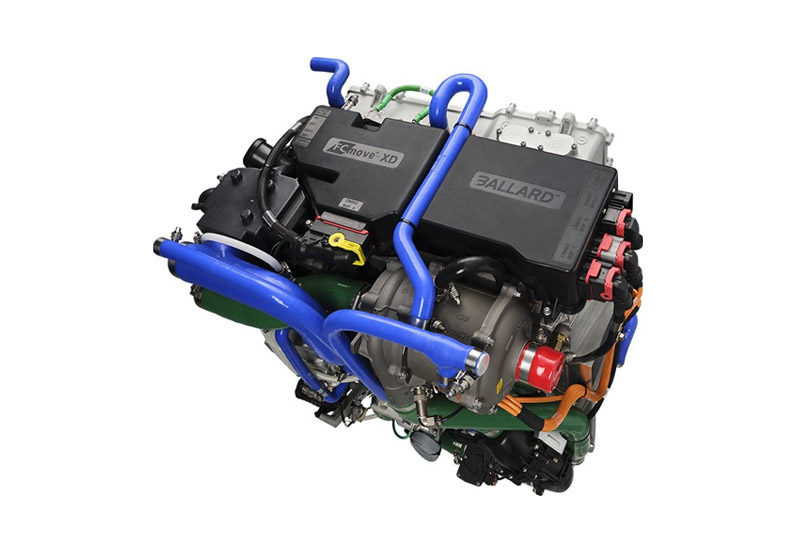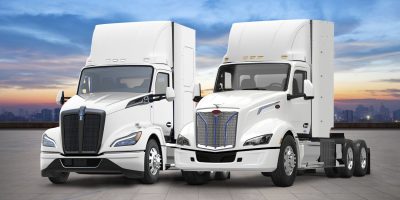Fuel cell manufacturer Ballard undergoes restructuring
Ballard is looking to lower total operating expenses by 30 per cent. On top of reducing its workforce, measures also include “product development programs, operational consolidation, reduction in capital expenditures, and certain working capital improvement initiatives.” As part of the reorganisation, CFO Paul Dobson and COO Mark Biznek will leave the company. Dobson will be replaced by Kate Igbalode as the new CFO with immediate effect. Biznek will be replaced by Lee Sweetland as the new COO with effect from the end of 2024.
“In the context of a challenging macroeconomic and geopolitical outlook and amid protracted policy uncertainty, we see a multi-year push-out of the availability of low-cost, low carbon hydrogen and hydrogen refueling infrastructure,” explains Ballard CEO Randy MacEwen. “As this delay represents a significant headwind to our corporate growth plan, we are implementing a cost restructuring to moderate our investment intensity and pacing to better align with delayed market adoption.”
Ballard wants to ensure that the cost-cutting measures do not impact product delivery and the programme execution required to meet customer commitments. Ballard is also sticking to its plans to expand its Texas facility for the time being. “Given the leverage from the $94 million in US government funding awards, we continue to carefully assess our proposed investment for long-term manufacturing capacity expansion in Texas. We are reviewing financing optionality to extend our funding timeline, and delay material cash outlays, until we have appropriate market adoption indicators,” MacEwen said.
Developments in China in particular are a thorn in Ballard’s side. “With continued challenges in the China fuel cell market and underperformance of the Weichai Ballard joint venture, we are also conducting a strategic review of our China strategy, including all options relating to the WBJV,” MacEwan added.
Ballard’s fuel cells power buses from Solaris and Wrightbus, among others. Regardless of the slowing timetable for market adoption, Ballard remains confident in the future of hydrogen fuel cells. “While the speed of travel has changed, we have unwavering conviction on the direction of travel, with clean hydrogen and fuel cells playing an important role in decarbonizing heavy mobility applications,” MacEwen concluded. “We will continue our focus on customers and the development of next-generation, low-cost fuel cell products for select heavy mobility and stationary power applications, while maintaining disciplined spending and balance sheet strength for long-term competitiveness and sustainability.”





2 Comments